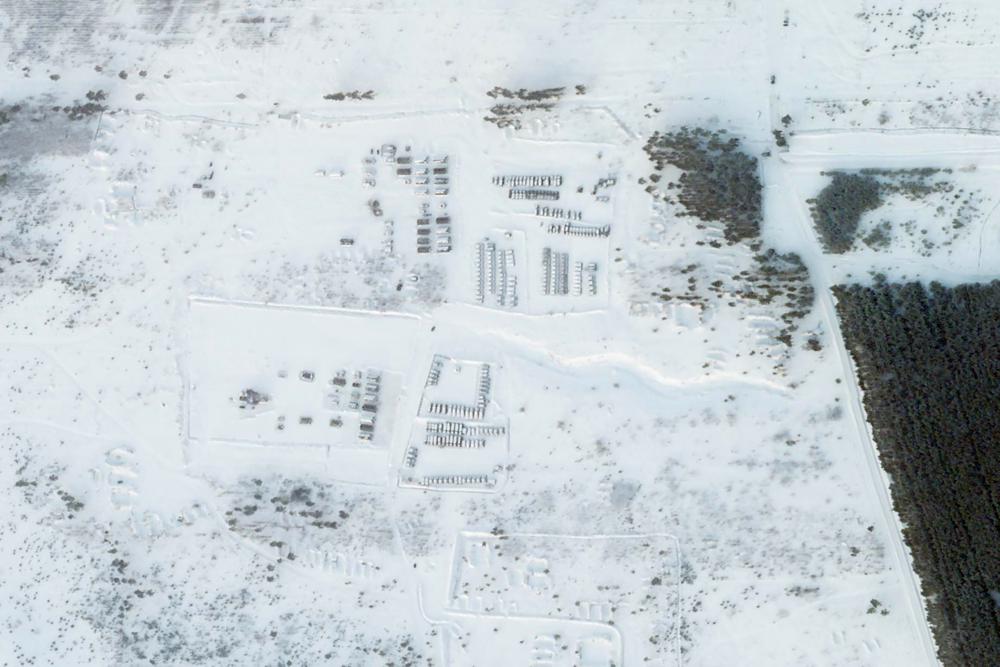
In a departure from the past, the US and its allies are increasingly disclosing their intelligence findings as they confront Russian preparations for an invasion of Ukraine, with the goal of undermining Russian President Vladimir Putin’s plans by exposing them and deflecting his efforts to sway global opinion.
In recent weeks, the White House made public what it claimed was a burgeoning Russian “false-flag” operation intended to generate a pretext for an invasion. Britain named individual Ukrainians it accuses of conspiring with Russian intelligence personnel to destabilise President Volodymyr Zelenskyy. The United States also issued a map of Russian military positions, detailing how authorities fear Russia will attempt to strike Ukraine with up to 175,000 troops.
Experts praise the White House for declassifying intelligence and rushing to refute incorrect statements before they are made, a process known as “prebuttal,” which is more effective than an after-the-fact explanation.
However, disclosing information is not without risk. Intelligence assessments have various degrees of accuracy, and the US and its partners have supplied little additional confirmation beyond images of troop movements. Moscow has dismissed Washington’s accusations as hysteria, citing previous American intelligence failures, like as the dissemination of incorrect information regarding Iraq’s weapons plans.
Russia, which continues to advance forces toward Ukraine and into Belarus, an ally to Ukraine’s north, shows no signs of change thus far. In Washington and London, there is growing scepticism about ongoing diplomatic attempts, with expectations that Putin will launch an invasion in the coming weeks.
As part of its wider combat strategy, Russia is recognised for deploying disinformation to sow confusion and dissension. When Russia invaded Ukraine’s Crimean Peninsula in 2014, it launched a campaign to persuade the region’s ethnic Russian people. Russian state media and social media accounts propagated claims that the West was influencing protests in Kyiv, as well as fake or unsubstantiated stories about heinous crimes committed by Ukrainian soldiers.

Post Your Comments